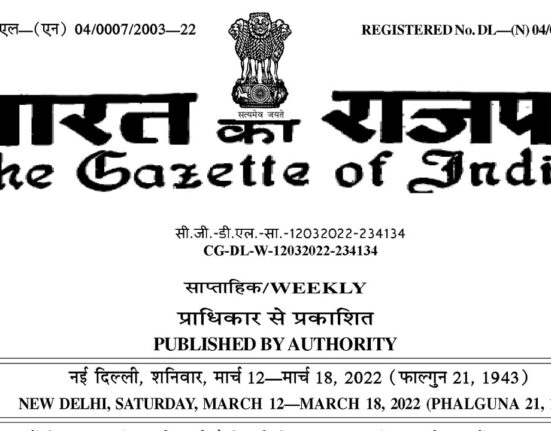In order to make certain to seek out the lawyer that’s the simplest fit you, it’s essential to require some overtime within the very beginning and meet with several lawyers, allowing a while to carefully evaluate them, in order that you’ll decide which one is going to be right for your specific case.
As a Divorce Coach, I often hear clients expressing frustrations about their lawyers and sometimes clients will get so aggravated that they plan to replace their counsel within the middle of their case, resulting in their legal proceedings taking longer and costing them more because the new attorney requires a retainer upfront and wishes over time to look at the history so as to urge up to hurry.
When interviewing divorce lawyers, here are five valuable inquiries to ask which will assist you to work out which particular lawyer is going to be the simplest match for you.
1. Is family law Brisbane your specialty area? If not, what percentage of your cases is in family law?
If you expect that your case may become a battleground over custody or spousal support issues, it’s knowing to confirm that the lawyer you select has extensive experience with the local courts in handling these sorts of emotionally charged contested issues. Since many Family Law Attorneys spend such a lot of their time in court, they often have the advantage of getting lengthy established relationships with other divorce attorneys and experts that you simply may deal with, also as an excellent deal of familiarity with the judges, court rules and procedures which will impact the results you get in your case.
2. What have your experiences been like in handling the lawyer that my spouse has hired?
When asking this question, pay close attention to the lawyer’s visual communication and their first reaction when telling them the name of your spouse’s lawyer. Since 95% of divorce cases are settled before trial, how well they need negotiated and communicated together with your spouse’s lawyer in previous cases is extremely valuable to understand before you opt whether to rent them.
3. Does this attorney favor a collaborative divorce team approach or traditional litigation?
Collaborative Family Attorneys often provide a team of attorneys, financial experts, and Divorce Coaches who work with the spouses to barter a Settlement, while having the spouses both agree to not pursue their case through the court system. If a settlement isn’t reached using this Collaborative approach, the parties must then start over with each hiring their own litigation attorneys. Advantages to employing a Collaborative Team included faster times of settlement thanks to not having to schedule court appearances, and a more creative specialize in negotiating sticking points, instead of filing legal motions or expecting the judge to decide. On the opposite hand, spouses who have a big power imbalance between them or in situations when one spouse is convinced that the opposite won’t be cooperative and transparent about disclosing all requested documents, litigation could also be needed in order that the attorneys can subpoena all requested documents during the invention process.
4. How accessible is that this lawyer?
How long is their usual reaction time to phone calls or emails? make certain to ask if they’re going to respond themselves to emails or phone calls or whether their staff is responsible for responding to them and the way long that usual reaction time is. it is also vital to ask any attorney you’re evaluating if they’re going to allow you access to their telephone number for times once you have urgent questions or emergencies. Since divorce cases often take from one to 2 years to resolve and involve many stressful issues, accessibility to your lawyer in times of urgent need is critical!
5. Ask the lawyer to share some samples of how they negotiated a problem in their other cases that’s almost like one of your most vital issues. Since the overwhelming majority of divorce cases are resolved through negotiation, paying close attention to every lawyer’s negotiating style is extremely valuable when determining which lawyer to rent. How does their personality affect their negotiating style? How effectively and time did they resolve the difficulty within the example they chose to share with you?






